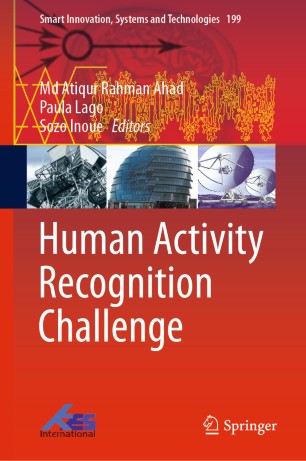

Most ebook files are in PDF format, so you can easily read them using various software such as Foxit Reader or directly on the Google Chrome browser.
Some ebook files are released by publishers in other formats such as .awz, .mobi, .epub, .fb2, etc. You may need to install specific software to read these formats on mobile/PC, such as Calibre.
Please read the tutorial at this link: https://ebookbell.com/faq
We offer FREE conversion to the popular formats you request; however, this may take some time. Therefore, right after payment, please email us, and we will try to provide the service as quickly as possible.
For some exceptional file formats or broken links (if any), please refrain from opening any disputes. Instead, email us first, and we will try to assist within a maximum of 6 hours.
EbookBell Team

5.0
48 reviewsThe book introduces some challenging methods and solutions to solve the human activity recognition challenge. This book highlights the challenge that will lead the researchers in academia and industry to move further related to human activity recognition and behavior analysis, concentrating on cooking challenge. Current activity recognition systems focus on recognizing either the complex label (macro-activity) or the small steps (micro-activities) but their combined recognition is critical for analysis like the challenge proposed in this book. It has 10 chapters from 13 institutes and 8 countries (Japan, USA, Switzerland, France, Slovenia, China, Bangladesh, and Columbia).